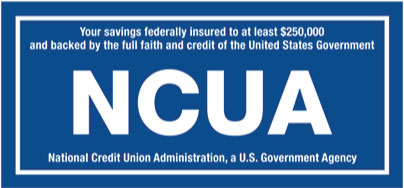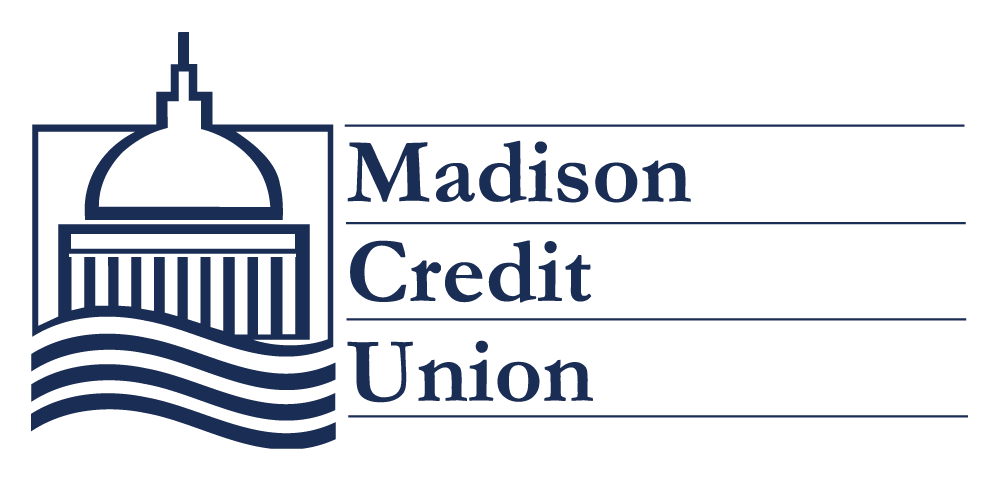Tax season can be overwhelming, but with the right information and preparation, it doesn’t have…
One Bank or Many? Weighing the Benefits and Busting the Myths
When it comes to managing money, many people wonder whether they should have multiple bank accounts or keep everything in one place. While there are advantages to diversifying, there are also a lot of myths surrounding the idea of multiple bank accounts. Let’s break them down and find the right balance for your financial needs.
Myth #1 : Closing Old Bank Accounts or Having Multiple Bank Accounts Hurts Your Credit Score
REALITY: Your credit score isn’t affected by the number of checking or savings accounts you have. Credit scores are based on borrowing history (credit cards, loans, etc.), not deposit accounts so your credit score will not be effected for better or worse if you have accounts at three different financial institutions or just one. However, overdrawing accounts can have indirect effects on your financial health.
Myth #2: Spreading Money Across Banks Increases Security
REALITY: A common fear is that putting all of your money in one bank is risky in case of a financial crisis or fraud. However, most financial institutions provide FDIC or NCUA insurance (up to $250,000 per depositor, per account type). Unless you’re holding amounts beyond that limit, your money is just as safe in one bank as in several. Plus, centralizing your funds may provide better fraud monitoring since all transactions are in one place.
Myth #3: You Should Keep All Your Money in One Place
REALITY: While relying on one bank for everything is convenient, it is sometimes advantageous to spread funds across multiple financial institutions to take advantage of their offers. One place can have better loan rates or a service and another could have better CD rates. Conversely, keeping all your accounts with one institution can often unlock better relationship perks, such as higher savings rates, lower loan rates, and reduced fees. Many credit unions and banks offer tiered benefits for loyal customers.

Myth #4: Transferring Money Between Banks is Easy and Instant
REALITY: With the rise of digital banking, transferring funds between institutions has become more accessible, but it still isn’t always instant. External transfers can take 1-2 business days, which can be inconvenient if you need quick access to your money. Keeping everything in one place ensures real-time transfers between checking, savings, and loans.
Myth #5: More Accounts Means Better Financial Discipline
REALITY: Some believe that spreading money across accounts forces them to be more intentional about spending and saving. However, having too many accounts might lead to forgetting balances, overlooking fees, or missing due dates. Instead of relying on multiple accounts, setting up automated savings plans and budgeting tools within a single institution can help you stay disciplined without the extra hassle.
Quick Pros:
✅ Better Interest Rates – You can take advantage of higher savings rates or lower loan rates at different institutions.
✅ Diversification & Security – If one bank has technical issues or fraud concerns, you still have access to funds elsewhere.
✅ Specialized Services – Some banks/credit unions offer unique benefits (e.g., business accounts, investment tools, credit card rewards).
✅ Budgeting & Organization – Separate accounts can help you allocate funds for specific purposes, like bills, savings, and travel.
Cons:
❌ More Accounts to Manage – Juggling multiple logins, statements, and transfers can be time-consuming.
❌ Potential Fees – Some banks charge maintenance fees if minimum balance requirements aren’t met.
❌ Slower Transfers – Moving money between institutions can take 1-2 business days, which may be inconvenient.
❌ Weaker Banking Relationships – Keeping all accounts at one place may qualify you for loyalty perks and better customer service.
❌ More Complex Estate Planning – Managing multiple institutions can make it harder for family members or executors to access funds.
The Bottom Line
There is no one-size-fits-all answer when it comes to banking. Some people prefer the simplicity of a single financial institution, while others find advantages in using multiple accounts to maximize financial opportunities. The right choice depends on personal banking habits, financial goals, and comfort with managing different accounts at different institutions. By understanding the myths and facts, you can make a more informed decision that aligns with your financial needs.
Would you like to review your financial strategy? Our team at Madison Credit Union is happy to help you maximize your banking experience! Take a minute to email or call us and get started now.




